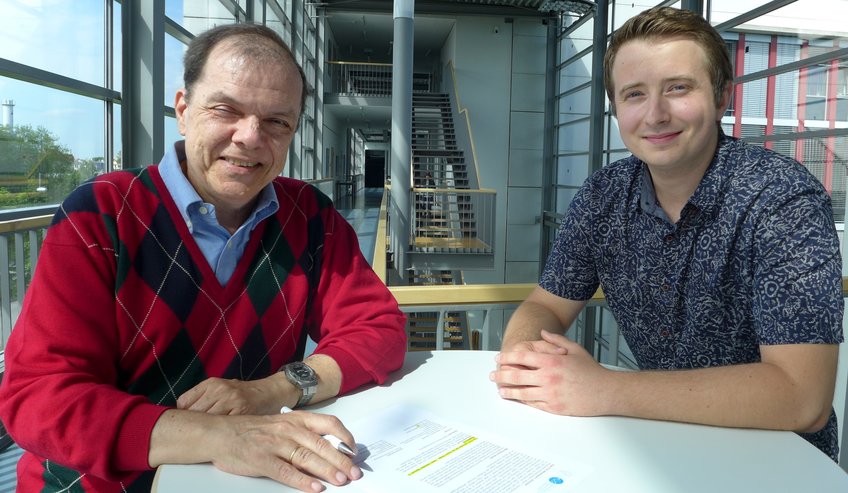
Data-Driven System Reduction and Identification
The Max Planck Fellows program aims to strengthen cooperations between Max Planck Institutes and universities. Following an application by Professor Peter Benner in February 2016, in July 2016 Professor A.C. Antoulas was appointed by the Max Planck Society as Max Planck Fellow for a three-year term starting January 1, 2017.
The research scope
Dynamical systems are a principal tool in the modeling, prediction, and control of physical phenomena. Direct numerical simulation may be the only possibility for accurate prediction or control of such complex phenomena. However, an ever-increasing need for improved accuracy requires inclusion of more detail at the modeling stage, leading inevitably to larger-scale, more complex dynamical systems. Such systems are often linked to spatial discretization of underlying time-dependent systems of coupled partial differential equations, and their simulation can create large demands on computational resources.
The thrust of the research activities of the DRI group is data-driven model reduction, with the Loewner framework as main tool. This is a direct interpolatory data-driven model order reduction and model identification approach. It constructs models for which the (appropriately defined) transfer functions match those of the the original system, at selected points. Originally developed at Rice University more than a decade ago, this framework has since been continuously refined and developed.